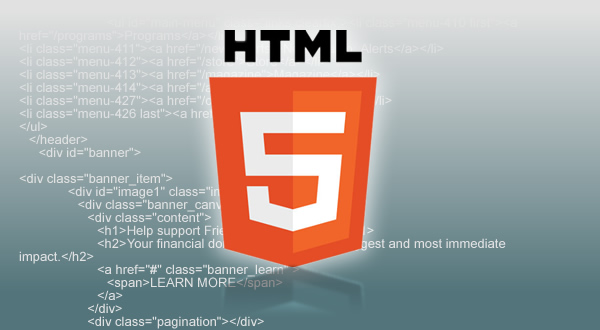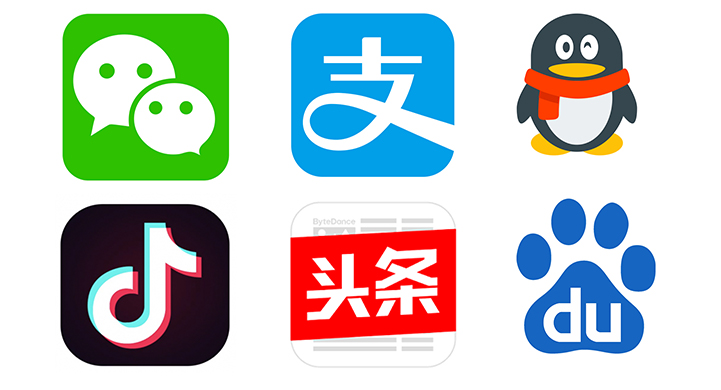Since W3C released HTML4 in 1999, people assumed that it would not need to upgrade any more. Some companies who focused on Compared Native App and Web App DevelopmentYou find yourself standing in from of a roadsign with "Web ap" and "Native app" on it, here are the upsides and downsides of either way.web apps migrated to WHATWG. After that in 2007, W3C got back related works from WHATWG so that HTML5 can be re-developed.
Because of the huge demand for new technology development and HTML5 has already proved its commercial interests, a totally new entrance will be opened to mobile internet. As a result, web apps which are supported by super app + HTML5 will subvert traditional native apps and dominate future mobile internet.
Traditional browser + HTML5
While HTML5 is upgrading, Google and Apple also see the bright future of HTML5. As a result, Google at first developed Firefox by sponsoring Mozilla, then V8 engine and Webkit emerged. The first version of Chrome was released in 2008. Meanwhile, Apple also developed Safari. IE+flash had to take a back seat.

HTML5 is the only one language which can cover PC, Mac, iPhone, iPad, Android and windows phone. Though Java and Flash have ever dreamed of that, they are excluded by ios. The aim of mobile web app is to get the same user experience as native apps.
Before HTML5 standard released, most of browsers already support it. Even web app is try to take place of native app. Due to the low response speed, sometimes it is ignored by developers.
Web app is rising along with HTML5
HTML5 has been abandoned by Facebook. Because some functions like Push can be expressed as well as its native app, let alone page switching, refreshing... But for native apps, it is easy to realize the "Shake", QR code scanning, voice input and other functions. Thanks to the final HTML5 standard being released in Oct 2014, it portended that a new era is coming.
For Google, from Android 5.0, Webview could be updated in real time via Google Play Store, which is consistent with the update of Chrome. For Apple, it breaked the limitation of 3rd party Nitro calling. So it is possible to run complex computations through any browsers in IOS now. In a word, these two leaders in mobile operating systems have changed their attitude to HTML5. which probably have a profound impact on mobile commerce.
New era of super app + Web app is on the horizon
For hardware, it will not be the determinant factor with the iPhone 6 released in terms of the high demand of HTML5. In the end of 2013, Android 4.4 changed its Android Webkit to Chromium and Apple also unlocked the Nitro limitation. That means the development of HTML5 will not be limited by mainstream mobile systems.

Some mobile developers are unwilling to develop web versions. One hand, it needs too much work for example responsive design and version adapted. One the other hand, they have to wait at least 2 weeks for an examination. HTML5 is currently playing a savior for them and many small to medium enterprises already set up their web apps that are based on HTML5.
In addition, web apps are easier to drive traffic than native apps. The entrance could be super apps(Wechat e.g.), search engine, app markets and browsers. But for native apps, the entrance almost only relies on app markets.
In conclusion, many browsers are keen on web apps. Although native apps still dominate the mobile market now, super app + web app will dominate future mobile internet over the long term.









